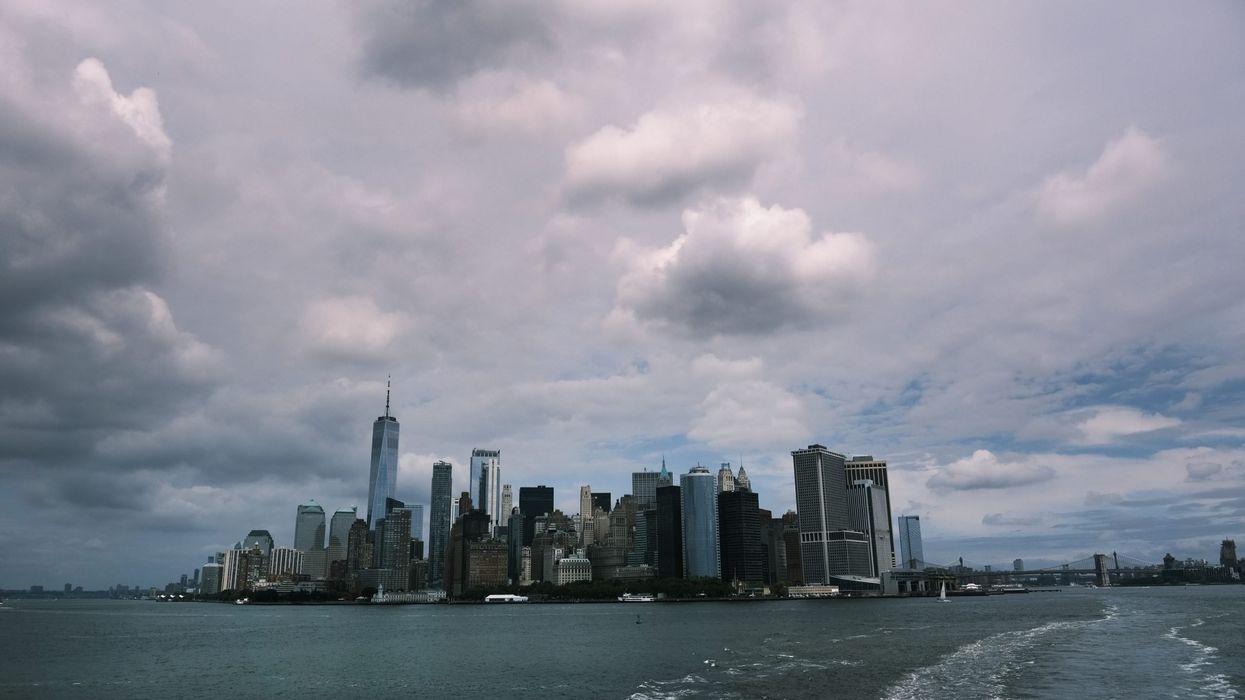THE global warming is taking place more rapidly than feared and that humanity is almost entirely to be blamed for this, The UN Intergovernmental Panel on Climate Change's (IPCC) first major scientific assessment since 2014 revealed on Monday (9).
The IPCC Working Group 1 report on physical science projected earth’s average surface temperature to hit 1.5 or 1.6 degrees Celsius above preindustrial levels around 2030 in all five of the greenhouse gas emissions scenarios -- ranging from highly optimistic to reckless -- considered by the report.
It said that for 1.5 degrees Celsius of global warming, there will be increasing heat waves, longer warm seasons and shorter cold seasons. At two degrees Celsius of global warming, heat extremes would more often reach critical tolerance thresholds for agriculture and health.
“But it is not just about temperature. Climate change is bringing multiple different changes in different regions – which will all increase with further warming. These include changes to wet and dryness, to winds, snow and ice, coastal areas and oceans,” it said.
“For example, climate change is affecting rainfall patterns. In high latitudes, precipitation is likely to increase, while it is projected to decrease over large parts of the subtropics. Changes to monsoon precipitation are expected, which will vary by region,” it said.
It, however, gave hope that it is still possible from a physical science perspective, to limit global warming to 1.5 degrees which means these changes could be slowed and stopped from getting worse.
“If we reduce emissions globally to net zero by 2040 there is still a two-thirds chance to reach 1.5 degrees and if we globally achieve net zero emissions by the middle of the century, there is still a one-third chance to achieve that,” said Dr Friederike Otto, associate director of the Environmental Change Institute at the University of Oxford and one of the authors of the IPCC report.
“To limit global warming, strong, rapid and sustained reductions in CO2, methane and other greenhouse gases are necessary. This would not only reduce the consequences of climate change, but also improve air quality and have a lot of other co-benefits,” Otto said.
The report said while benefits for air quality would come quickly, it could take 20-30 years to see global temperatures stabilise.
It further revealed that warming of the earth will amplify permafrost thawing, and the loss of seasonal snow cover, melting of glaciers and ice sheets, and loss of summer Arctic Sea ice.
“Changes to the ocean, including warming, more frequent marine heatwaves, ocean acidification, and reduced oxygen levels have been clearly linked to human influence. These changes affect both ocean ecosystems and the people that rely on them, and they will continue throughout at least the rest of this century,” it said.
For cities, some aspects of climate change may be amplified, including heat, flooding from heavy precipitation events and sea level rise in coastal cities, the report said.
It added that human actions still have the potential to determine the future course of climate.




